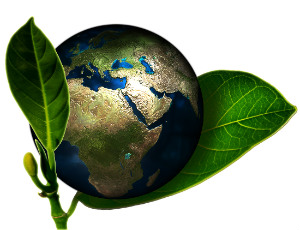It’s encouraging to know that more and more people feel a sense of personal responsibility and try to be eco-conscious. Earth is our only home, and preserving it for future generations is reflected in people’s desire for sustainable, responsibly-sourced products.
The beauty industry is taking this matter very seriously, as they emphasize on recycling and are moving toward greener positioning in response to customer demand. A study regarding packaging trends in 2018 suggested that more companies understand and embrace the role of packaging as a primary means to reduce global food and product waste.
 Take for example World Wide Packaging (WWP), which provides a complete range of packaging components, tube packaging options, jars, compacts and lotion bottles for the beauty industry. Over the years, WWP has held firm in its commitment to reduce its environmental footprint and has introduced a variety of initiatives reflecting their green promise.
Take for example World Wide Packaging (WWP), which provides a complete range of packaging components, tube packaging options, jars, compacts and lotion bottles for the beauty industry. Over the years, WWP has held firm in its commitment to reduce its environmental footprint and has introduced a variety of initiatives reflecting their green promise.
They recently started to produce plant-based ethylene tubes in an effort to lower greenhouse gas emissions. The plant-based ethylene is grown in Brazil using sugarcane, a renewable resource grown by eco-responsible farms and transformed into ethylene using 100% renewable resources.
After extensive testing, their engineers came up with a bio-plastic (also called bio-resin) product. Using a combination of four resin variants, they created a bio-plastic with the same chemical composition as a traditional polyethylene, which means product compatibility will be exactly the same as with traditional resins.
Also, the production process creates byproducts that are far less harmful to the environment than those created during the production of traditional fossil-fuel-based polyethylene.
